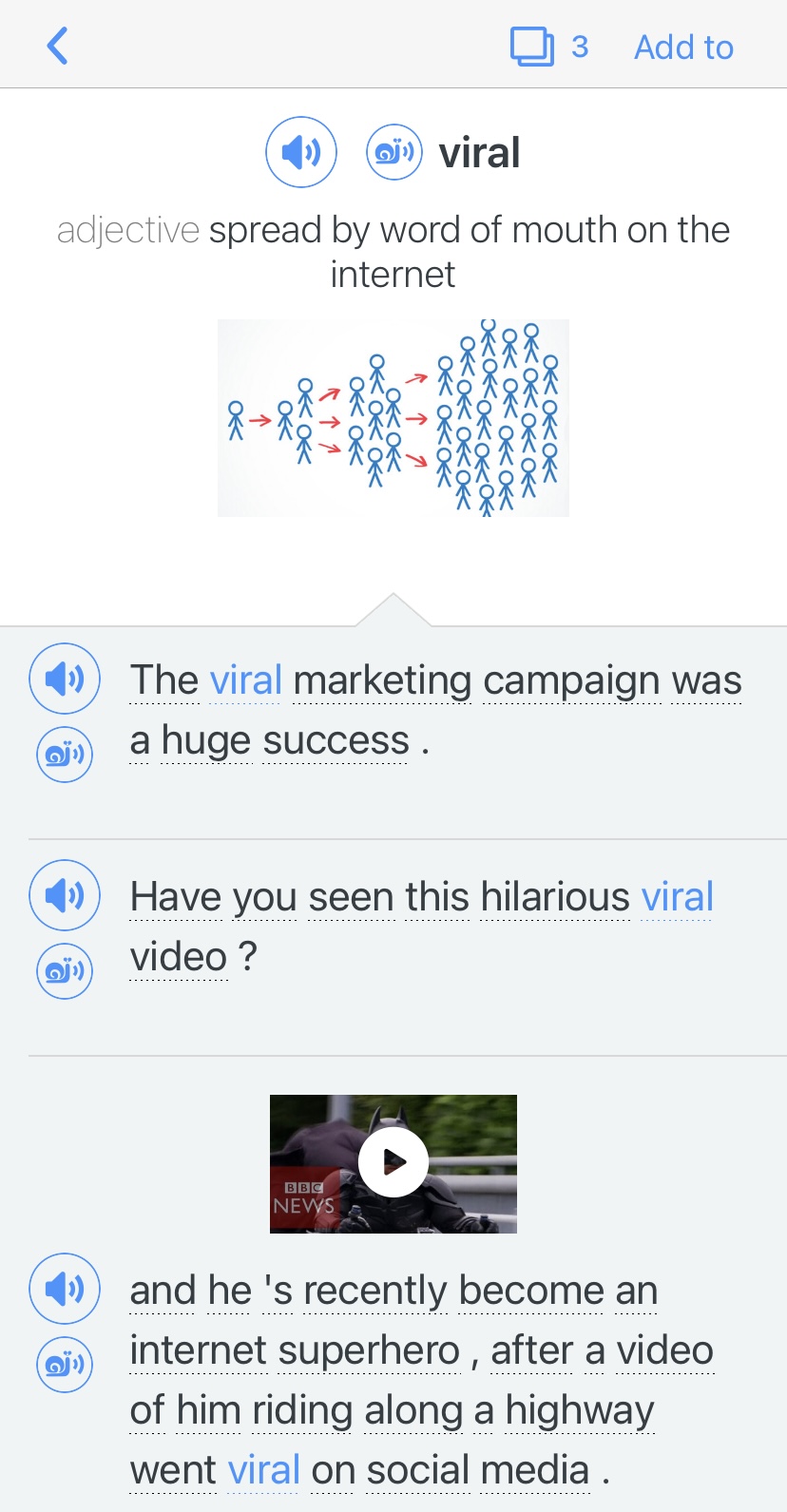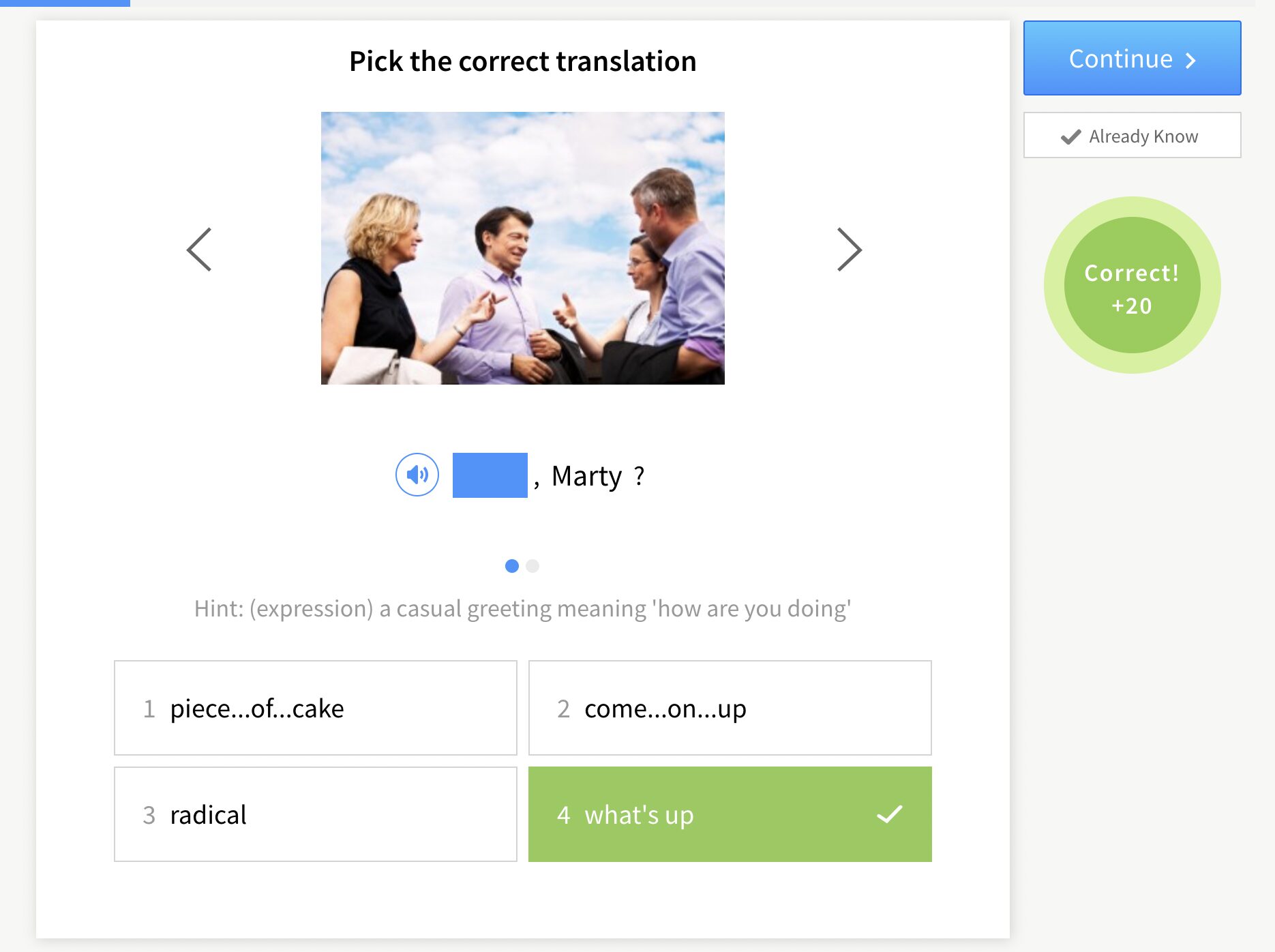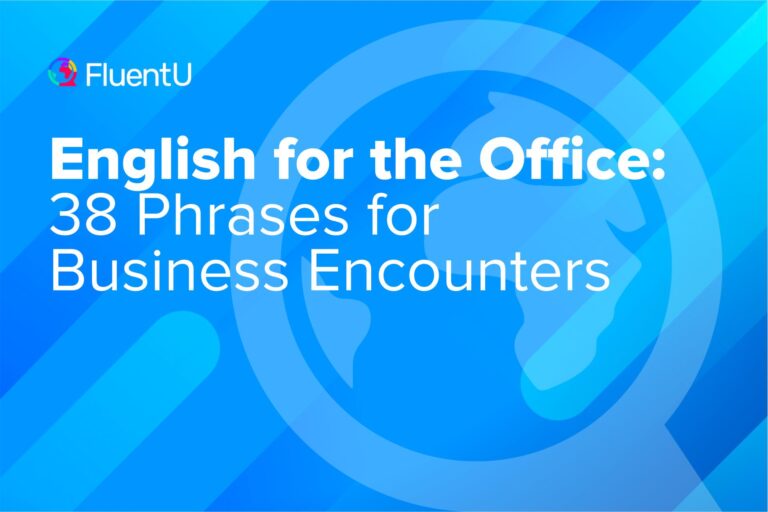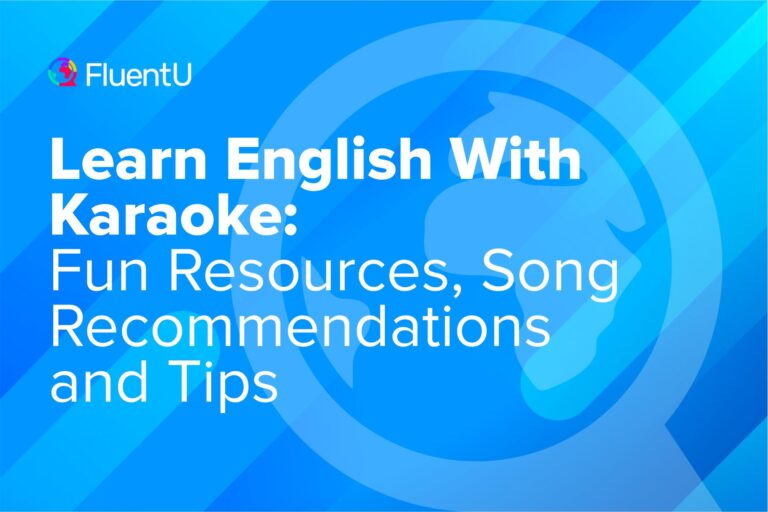Business English Dialogues for Meetings and More

Discussions in meetings and around the office are a major part of any working day. Getting familiar with different business English dialogues that might take place in these settings can help you feel confident and communicate effectively.
Let’s look at some sample dialogues for various everyday business conversations.
Download: This blog post is available as a convenient and portable PDF that you can take anywhere. Click here to get a copy. (Download)
Dialogues for Business Meetings
Like it or not, a lot of your time at work is probably going to be spent in business meetings. Being familiar with appropriate business English dialogues for these situations can make all the difference in how well you present yourself to your boss and colleagues.
Let’s look at some sample dialogues that might take place in a business meeting situation. You can adapt these dialogues to your own company, projects and needs.
Scheduling a meeting
When scheduling a meeting, it’s important to clarify when and where the meeting will take place. You might also need to consider who should be present for the meeting.
Anna: Hi, John. Can we schedule a meeting to discuss the new project?
John: Sure, Anna. When would be a good time for you?
Anna: How about tomorrow at 10 AM?
John: That works for me. Should we book a conference room or have it online?
Anna: Let’s do it online. I’ll send out the meeting invite.
John: Great, I’ll be there.
Expressing opinions
When you’re participating in a meeting, it’s important to show that you care about the topics being discussed by expressing your opinion. Consider this dialogue about an upcoming launch for a new product.
Project lead: What do you think about our plans for this product launch?
Project lead: I respectfully disagree with you there. The priority is to launch before the holidays, so we don’t want to move this deadline.
Asking questions
If you don’t fully grasp a concept, it’s important to get clarification instead of pretending you understand.
Presenter: Did anyone have any questions before we move on?
Colleague: I’m not sure I fully understood the changes you mentioned in the report.
Presenter: No problem. What part wasn’t clear?
Colleague: You said there will be a new process for approvals. Could you explain how that works?
Colleague: Got it. That clears things up. Thanks!
Navigating negotiations
Part of doing business is knowing how to negotiate. Sometimes it involves very simple issues like when to schedule the next follow-up on a project, while other times it can be more complex, like closing a major deal.
Employee: How about we get in touch with Acme Corp and discuss moving the deadline out three weeks?
Employee: In that case, we could delay completion on the Archibald Company work.
Here’s a sample dialogue for negotiating a contract when doing business with someone outside your company.
Client: That sounds better, but we were hoping for something more in the 15% range.
Sales Rep: Let me speak with my manager and see what we can do. I’ll get back to you by the end of the day.
Client: Thank you. We look forward to hearing from you.
Giving feedback to a colleague
In a healthy working environment, feedback is welcome. When giving feedback, it’s important to highlight both the positive aspects and the things that can be improved.
Manager: Hi, Sarah. I wanted to give you some feedback on your presentation yesterday.
Sarah: Sure, I’d love to hear it.
Sarah: Thanks for the suggestion. I’ll definitely keep that in mind for my next presentation.
Here’s another sample dialogue from a business meeting:
Dialogues for Conference Calls
Knowing how to handle a conference call with professionalism is a very important skill to have in the business world.
Beginning the call
When you begin a conference call, it’s important to indicate you’re on the line and to determine if everyone has shown up for the call:
Client: Hi, this is Dave Grossman. I’m the Marketing Director here.
[Other call participants introduce themselves as well.]
Call leader: It sounds like everyone is on the line, so we’ll get started.
Asking for clarification
When someone’s speaking and you miss something because you can’t hear them or they’re speaking too quickly, wait for a pause and then ask:
Person 1: Sorry, I didn’t catch that last part. Would you mind repeating yourself for me?
Person 1: Thank you. Yes, I agree. Let’s look at the budget now.
Handling a complaint
If your job involves answering phone calls from customers, you might have to deal with a complaint from time to time. Here’s an example of how to successfully handle a customer complaint.
Customer: I’m calling because my shipment arrived late, and several items were damaged.
Support Agent: I’m very sorry to hear that. Could you please provide your order number so I can look into this for you?
Customer: It’s 127553.
Customer: I appreciate the quick response.
Support Agent: You’re welcome. If there’s anything else, don’t hesitate to contact us.
Ending the call
It’s good practice to thank everyone and say goodbye before ending a conference call.
Call leader: I believe this concludes our call. Thank you all for joining us.
To see a sample business phone conversation, check out this video:
Dialogues for Casual Conversation at the Office
Before we get into the dialogues, here is a fun lesson on casual office conversations from our YouTube channel:
Here are some dialogues for casual conversation around your office.
Greetings
Get the conversation going by saying “hi” when you see someone you know.
Amir: Hey, Jane!
Jane: Hi Amir, how are you?
Amir: I’m doing well, thanks for asking. How about yourself?
Jane: I’m great!
Introductions
If you’re meeting someone for the first time, it’s a good idea to be polite and introduce yourself.
Miguel: Hi, I’m Miguel. I’m not sure if we’ve met—what’s your name?
Stacy: I’m Stacy.
Miguel: It’s nice to meet you. I work in the marketing department, how about you?
Stacy: It’s nice to meet you, too. I’m in accounting.
Small talk
Being able to comfortably navigate chit-chat or small talk (casual conversation) will make your work life a more pleasant experience. You’ll often find yourself talking about the time at work.
Jane: What time is it?
Amir: 2:30.
Jane: Great, thanks. When does our afternoon meeting start?
Amir: You have some time. It starts at 3:00.
Another common topic of casual conversation is the weather.
Amir: Crazy weather we’ve been having!
Jane: I know! I can’t believe how rainy it has been.
Amir: On top of everything, I forgot my umbrella today.
Jane: Oh, no! You can borrow mine if you go out for lunch.
In general with small talk, it’s a good idea to try and find some common ground with your colleagues. Sports, movies, books and food are all fruitful subjects.
Jane: Did you see “Wonder Woman” this weekend?
Amir: I did! How about you?
Jane: I did, too. What did you think of it?
Amir: I really enjoyed it.
Jane: So did I. What was your favorite part?
Saying goodbye
You can end a chat with a colleauge by saying a friendly goodbye.
Jane: It’s been great chatting with you. See you later!
Amir: See you soon, Jane!
Here are some more sample dialogues that could take place at the office:
For more English dialogues at the workplace and elsewhere, you can use an immersive language learning program like FluentU.
FluentU takes authentic videos—like music videos, movie trailers, news and inspiring talks—and turns them into personalized language learning lessons.
You can try FluentU for free for 2 weeks. Check out the website or download the iOS app or Android app.
P.S. Click here to take advantage of our current sale! (Expires at the end of this month.)

Business English dialogues can help you navigate work with ease. Knowing what to say for each situation you encounter helps you maintain a professional appearance regardless of what’s thrown your way.
Download: This blog post is available as a convenient and portable PDF that you can take anywhere. Click here to get a copy. (Download)
And One More Thing…
If you’re like me and prefer learning English on your own time, from the comfort of your smart device, I’ve got something you’ll love.
With FluentU’s Chrome Extension, you can turn any YouTube or Netflix video with subtitles into an interactive language lesson. That means you can learn from real-world content, just as native English speakers actually speak.
You can even import your favorite YouTube videos into your FluentU account. If you’re not sure where to start, check out our curated library of videos that are handpicked for beginners and intermediate learners, as you can see here:
FluentU brings native English videos within reach. With interactive captions, you can hover over any word to see an image, definition, and pronunciation.
Just click on the word to see other example sentences and videos where the word is used in different contexts. Plus, you can add it to your flashcards! For example, if I tap on the word "viral," this is what pops up:
Want to make sure you really remember what you've learned? We’ve got you covered. Practice and reinforce the vocab from each video with learn mode. Swipe to see more examples of the word you’re learning, and play mini-games with our dynamic flashcards.
The best part? FluentU tracks everything you’re learning and uses that to create a personalized experience just for you. You’ll get extra practice with tricky words and even be reminded when it’s time to review—so nothing slips through the cracks.
Start using the FluentU website on your computer or tablet or, better yet, download our from the App Store or Google Play.
Click here to take advantage of our current sale! (Expires at the end of this month.)












